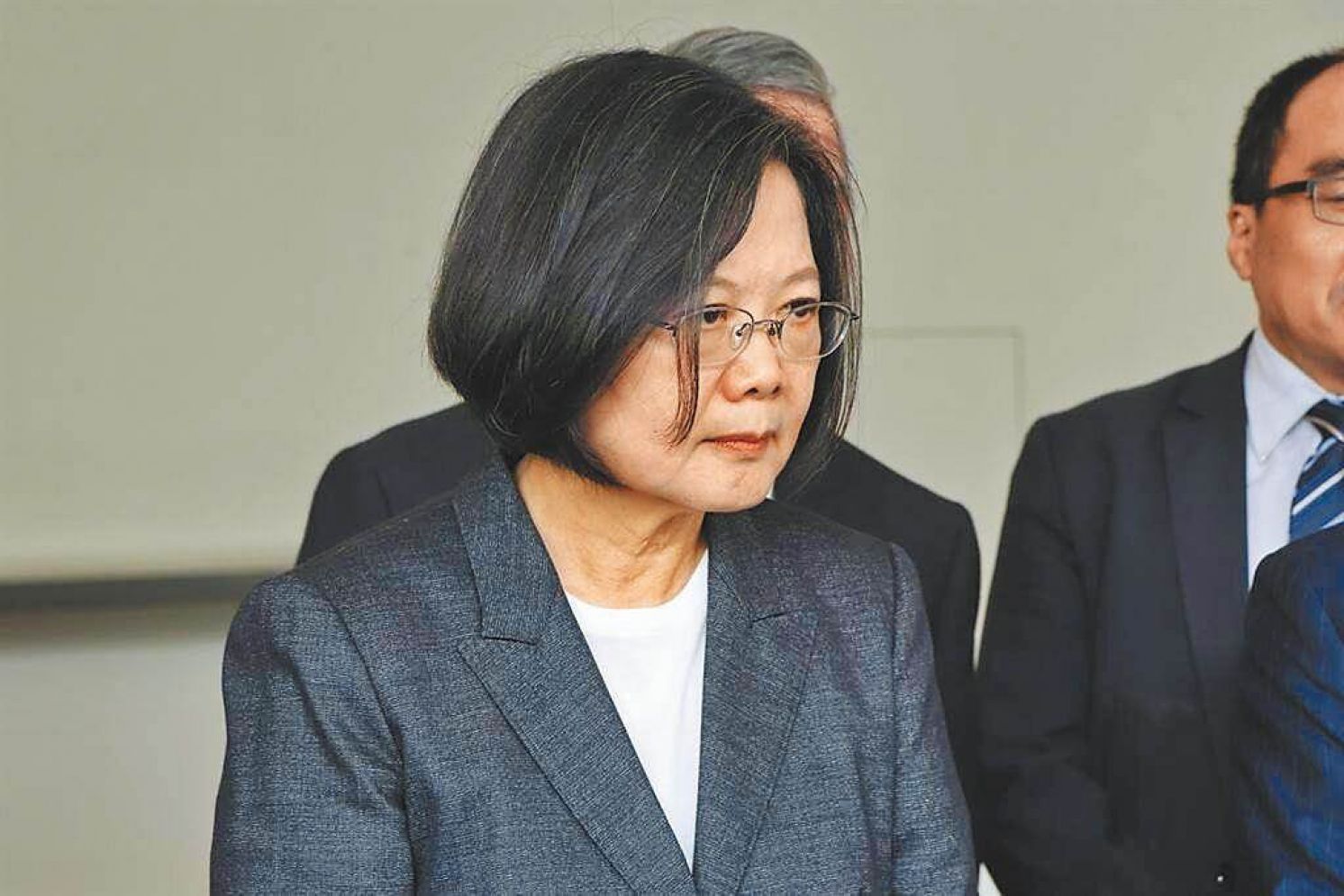
Three Reservations About Lifting Ban on Nuclear-Contaminated Food Imports from Fukushima
China Times Editorial, February 12, 2022
The Executive Yuan announced suddenly the lifting of ban on food products from five Japanese prefectures affected by the 2011 Fukushima nuclear disaster, taking effect on February 21.
Like the sudden announcement on lifting the import ban on the American Pork with Ractopamine last August, the public was kept in the dark and turned panic. Consequently, the restaurants and food processors all over Taiwan have posted signs that they will not use American pork containing ractopamine residues.
As the administration of President Tsai Ing-wen refused to label the said pork, the consumers, not knowing how to tell one from the other, doubting also the inspection capability of the government, decided to buy less American pork. As a result, the import of American pork after the lifting the ban is 87 percent less than the previous year, a new low in 10 years. This shows how paniced the public is.
In the same manner, without adequate prior communication with the public, the Tsai administration announced the lifting of the ban on food items from affected areas of the nuclear disaster, the public certainly will be very concerned about food safety. To protect themselves, the public will possibly take similar action to buy less Japanese food.
The Tsai administration’s goodwill may not be realized. President Tsai claimed that her government will impose strict control over food safety. However, with inadequate radiation inspection equipment, the risk is still great.
Whether the inspection intensity may be maintained after lifting import restrictions is a primary concern. After the lifting of American pork with ractopamine, the Ministry of Health and Welfare has extended subsidy and inspection manpower to the local governments to conduct work on inspection and labelling. But the Tsai administration stopped unexpectedly the program at the beginning of the year. The public is concerned that the same will happen to Japanese food from affected areas of the nuclear disaster.
In addition, President Tsai reiterated that certificate of origin and radiation inspection certificate are required to import the said food items from Japan. But from what we understand, these certificates will be issued by the Japanese non-governmental organizations, not by the government agencies like those provided to Korea. So, it is paramount that the Tsai administration ask the Japanese government to do the same to increase the credibility of the certificates.
The second reservation concerns Taiwan’s progress in joining the Comprehensive and Progressive Trans-Pacific Partnership (CPTPP). The most important appeal of lifting the ban is to help expedite the progress in joining the CPTPP, so says the Tsai administration. However, among the CPTPP members, Taiwan only signed FTA with New Zealand and Singapore during the administration of former President Ma Ying-jeou from 2008 to 2016. During its six years in office, the Tsai administration has failed to sign any free trade agreement (FTA) with any CPTPP member. At this pace, when can Taiwan join the CPTPP?!
When the CPTPP took effect on December 30, 2018, roughly 85% of agricultural and industrial products that concerns Taiwan most is tariff-free. This will increase to 90 percent in five Years and 98 percent eventually. For Taiwan relevant sectors not to be caught by surprise, the Tsai administration should conduct comprehensive communication with these sectors as soon as possible.
When the United Kingdom applied officially to join the CPTPP on February 1, 2021, the CPTPP Executive Committee set up the working group on the UK’s accession four months later.
Since the Tsai administration claimed repeatedly that lifting the ban will help expedite the progress on joining the CPTPP, then the Tsai administration should designate having the CPTPP Executive Committee set up a working group on Taiwan’s accession this year as goal and do her best.
The third doubt is about the Tsai administration’s attitude toward nuclear power. As mentioned above, there are some radioactive substances the half-life of which are not over yet, but the Tsai administration has lifted the ban on food items from affected areas by the 2011 Fukushima nuclear disaster and guaranteed the food safety issue. Why on earth is President Tsai still prohibiting the operation of nuclear plants that never had an accident? This is beyond our comprehension!!
From: https://www.chinatimes.com/opinion/20220212002975-262101?chdtv